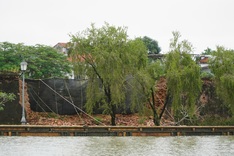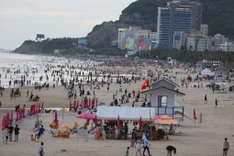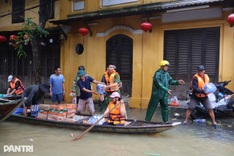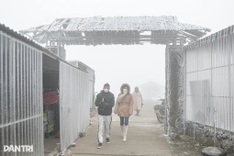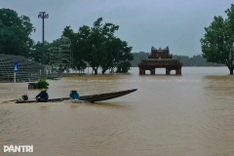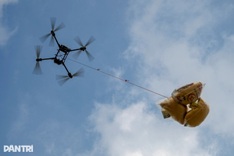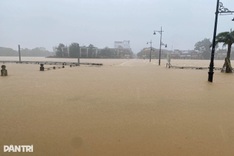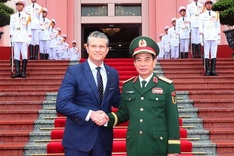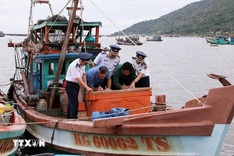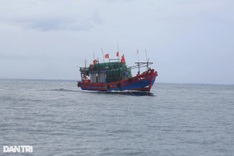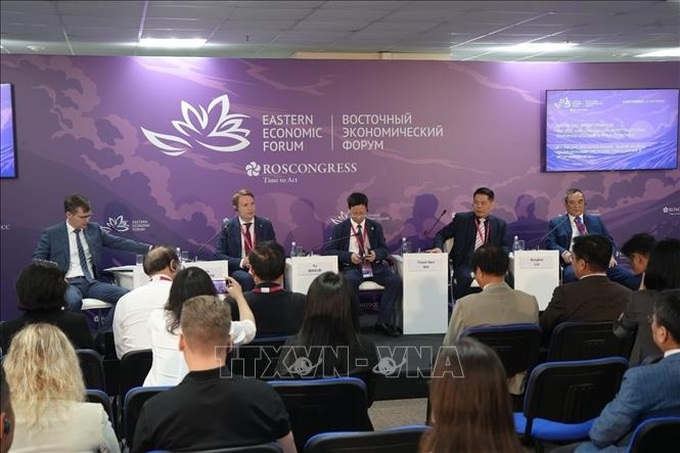
According to Nam, in the context of implementing an open-door education strategy, Vietnam is expanding all types of international cooperation, moving beyond the previous focus on lecturer and student exchanges.
Talking about education reform at University of Social Sciences and Humanities, he said the institution is also seeking new collaboration avenues, such as mutual credit recognition that allows students to engage in advanced educational environments abroad and at the same time complete their programs domestically without financial burdens.
The panel discussion examined challenges of the 21st century to traditional education systems in the Asia-Pacific Economic Cooperation (APEC) economies.
Delegates agreed that recent global upheavals, including the COVID-19 pandemic and the rapid development of information technology, have altered learning and training habits. Changes in labour market demands forced the education sector to quickly adapt in order to equip students with knowledge and skills that meet real-world requirements.
They affirmed that the panel discussion was indeed essential given the current circumstances, providing an opportunity to explore future prospects for education policies in APEC economies. They also emphasized the need for rapid and flexible international cooperation in education to address these current challenges.
The Eastern Economic Forum 2024 is getting underway in Vladivostok, Russia, on September 3-6 to highlight enhanced international cooperation in the Asia Pacific region and the development of the Far East and the Arctic. This year’s forum has brought together more than 6,000 delegates from 76 countries and territories worldwide.

